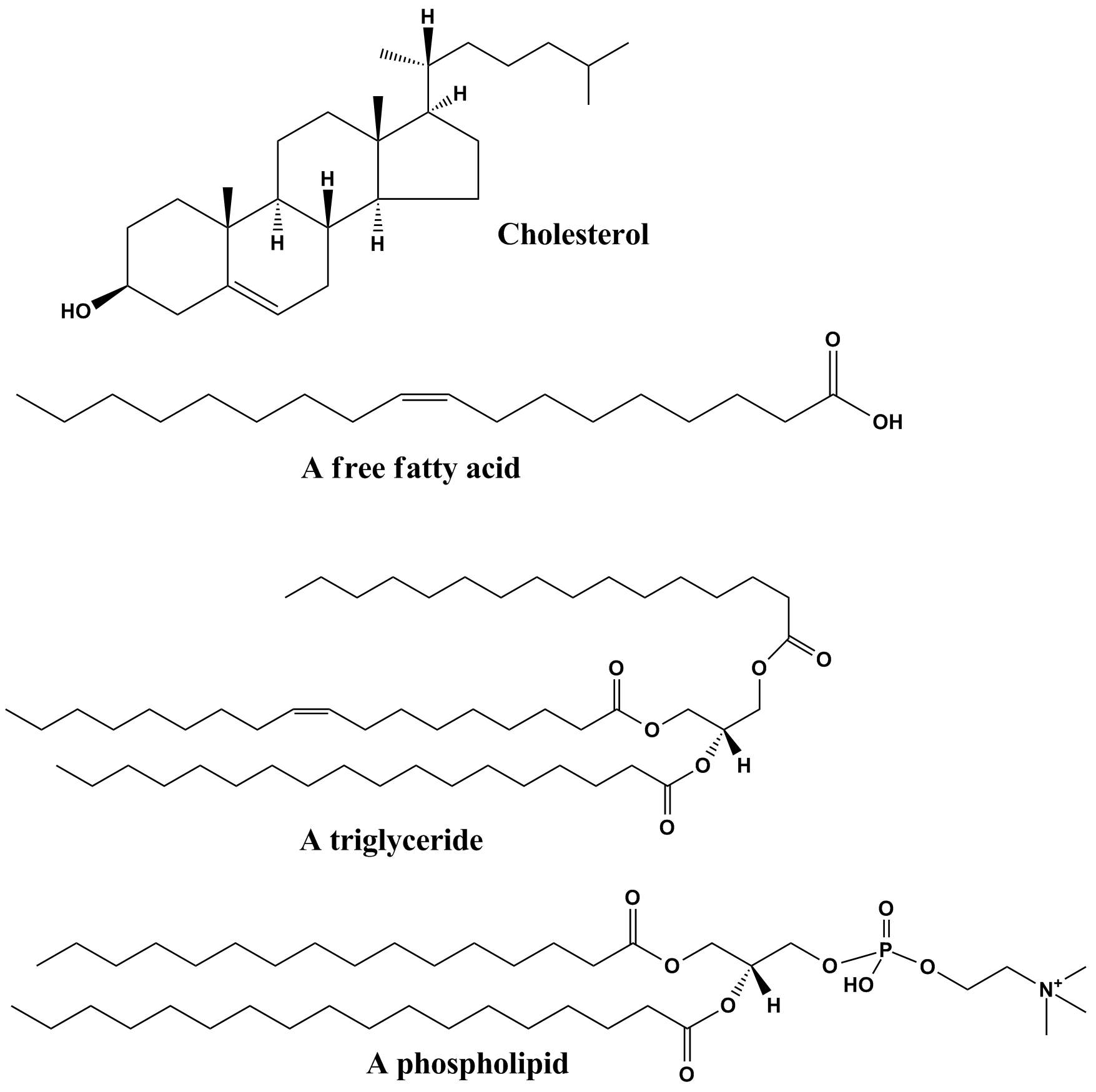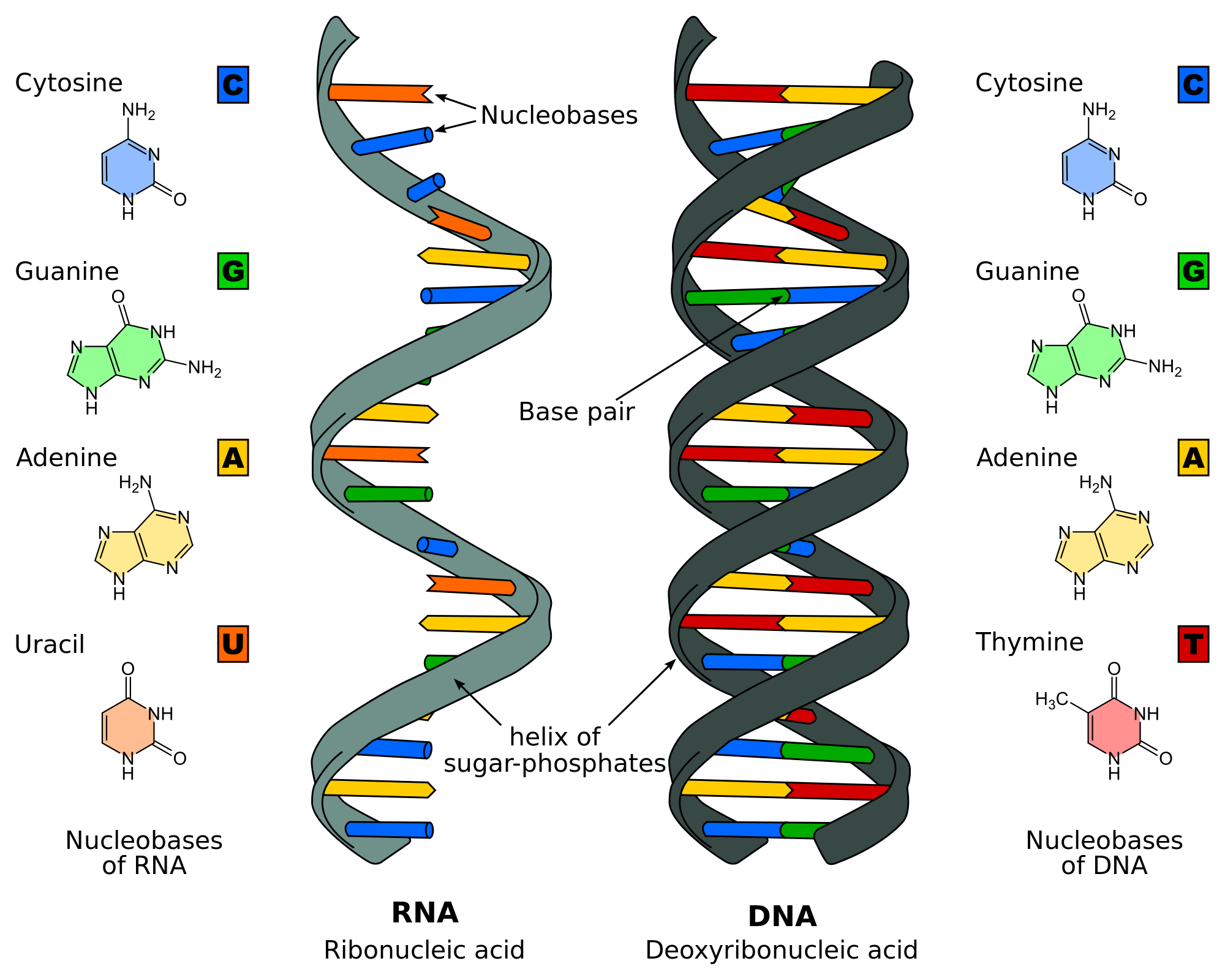If I had my own personal 20 questions, they would be:
- Are we alone in the universe?
- Who's a better basketball player; Michael Jordan or Lebron James?
- Does Big Foot exist?
- What is my full potential?
- What does my future contain?
- How many hours of my life will I have wasted watching screens?
- How much food will I have consumed in my entire life?
- Are the Illuminati a real and functioning group?
- What does the bible originally say (before the different translations came out)?
- How many licks does it take to get to the center of a tootsie pop?
- Is space endless? If not, what does the end look like?
- How much time have I spent playing sports?
- Is time travel possible?
- Is there a maximum capacity for how much a species can evolve? And if so, when will humans ever stop evolving?
- What is/will be my net worth in life?
- What exactly is it like in heaven?
- What would have happened to us all if Eden had never eaten the fruit?
- What was it like living through the beginning of time?
- Is there any way to change society as it is now?
- Can there ever be peace?


